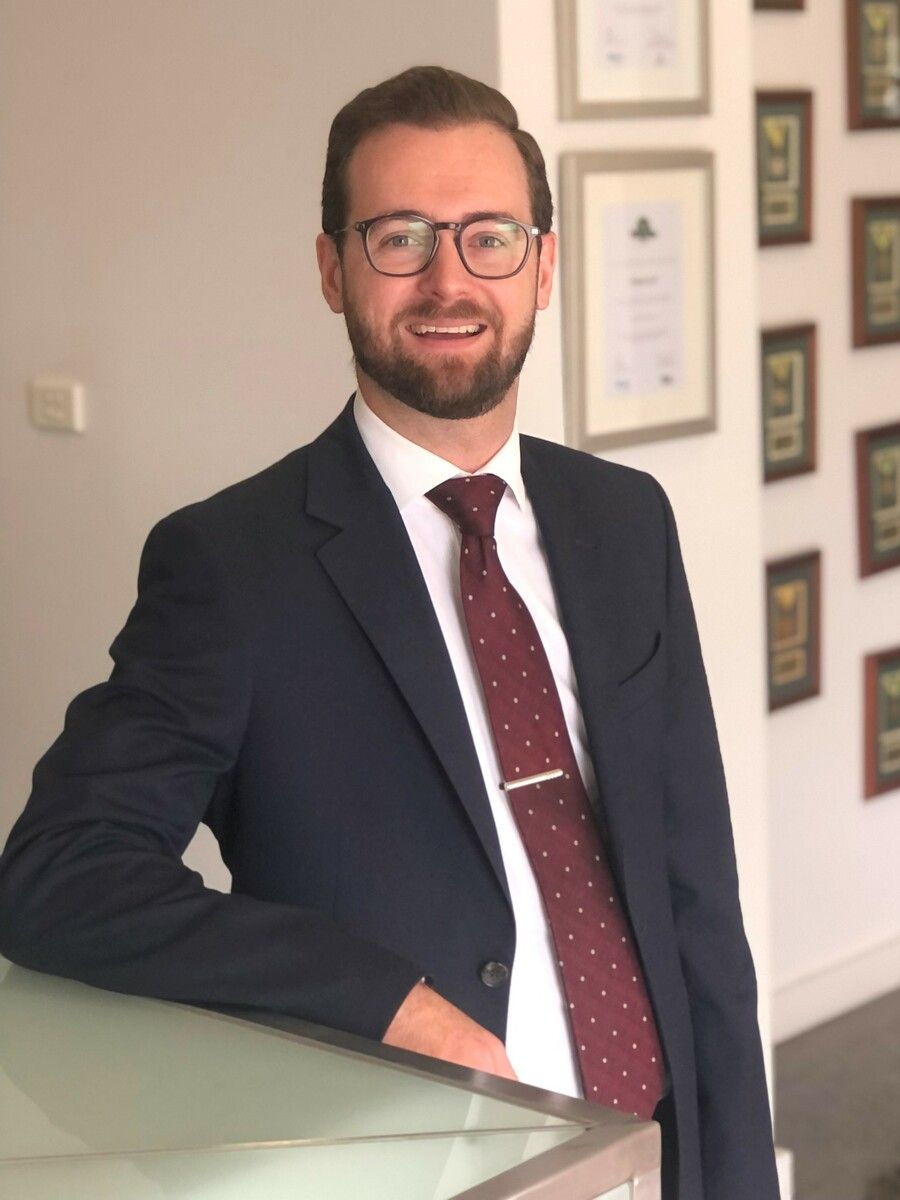- Equity Mates
- Posts
- Boost Your Financial Security: The Optimal Emergency Fund Size | Ask An Advisor
Boost Your Financial Security: The Optimal Emergency Fund Size | Ask An Advisor
Find out how much to put in your emergency fund
Ask An Advisor
Hello and welcome back to Ask An Advisor.
Ask An Advisor is a series designed to bring Australia’s best advisors to you, giving you the opportunity to ask your questions, for free (submit a question below).
Over on Equity Mates Investing Podcast we have a monthly episode with one advisor answering many of your questions on a particular topic.
This week’s question
“How much should I put in my emergency fund?”
This week’s advisor is Jacob McCudden, from Back to Back Financial Planners. Here’s what he said in response to Isabella’s question:
Depends completely on you and your financial position.
A general rule of thumb would be to aim for 6 months’ worth of essential living expenses (e.g. rent/mortgage, bills, cost of living, etc.), but this is really just the starting point.
These funds should be held 100% in cash. Term deposits are ok, but can take time to break (potentially a month), so the best place is typically a savings account (i.e. something that pays interest, rather than a transaction account that typically pays no interest these days). You could even hold it with a different bank to your usual bank if that helps with any “temptations” to dip into it.
Remember, this money is not intended to “earn a return.” The interest it earns just helps it keep up with inflation (generally). What it is intended to do, is avoid the need to ever have to use “bad debt” (e.g. personal loan, credit card, etc.) and should very much be seen as the “break glass in case of emergency” fund. That is, it’s not for the yearly holiday, it’s not for the new car, it is an emergency fund that should be used for emergencies or unexpected expenses (e.g. car breaks down, washing machine blows up, etc.).
Most importantly, an emergency fund gives you “financial confidence” and studies have shown the positive benefit on people’s mental health due to the confidence they gain knowing that if there was an emergency, they would be ok. The stress and damaging impacts on mental health of living “day-to-day” or “paycheque-to-paycheque” are well known.
Lastly, having an emergency fund potentially means you can have lower personal risk insurance premiums as you’ve built up a buffer yourself and thus can have a longer waiting period on any income protection policies you may hold (an emergency fund is really a risk management tool, rather than an “investment” per se).
It also demonstrates a good history of building genuine savings (this helps with future credit applications, like a home loan), not to mention it requires discipline and self-control to build an emergency fund in the first place, both extremely important skills to develop on your path to financial freedom!
About Jacob McCudden
Jacob is an experienced Certified Financial Planner® who holds a Bachelor of Business (majoring in Financial Planning and minoring in Accounting) from RMIT University and entered the profession in 2017. “Whilst many people may think financial planning is all about managing money, it’s really much more than that. It’s about uncovering your client’s hopes, dreams, and unspoken fears, and providing them with valuable guidance, counsel, and support when they need it most.” All opinions are the opinions of the advisor, and any advice is general. |  |
We’re excited to announce our second book: Don’t Stress, Just Invest
Money is stressful. And the more time you spend on your finances, the more questions that arise. Am I doing enough? Am I saving enough? Investing enough? Will I have enough?
Even after building Equity Mates for the past six years and interviewing hundreds of experts on the podcast, we still ask ourselves these questions all the time.
So we set out to write a book and answer these questions. What we ended up with was an outline of the absolute simplest way to invest and importantly, why we are confident that it was enough.
In Don’t Stress, Just Invest we step through the practical ways you can figure out how much you need to invest, set up an automated investment portfolio, and decide what assets you should invest in.
We’ve written this book for all those people in our lives that want the benefits of investing without dedicating the hours, days or even years it takes to become an investor. Once you’ve read this book and set up your automatic investments you can get on with your life confident that you won’t miss out on the awesome wealth creating power of the stock market.
Don’t Stress, Just Invest is available for pre-order wherever you buy books. And it will be hitting shelves around Australia on the 22nd of August.

Want to ask a question?
We have a star-studded list of advisors waiting to answer your question, so what are you waiting for?
Email [email protected] with your question
Keep learning
Podcasts
Online Courses
The Rask Value Investor Program with Equity Mates, is Rask’s full online investor training complete with stock market valuation templates, Excel downloads, investing checklists, case studies and hours of HD video.
